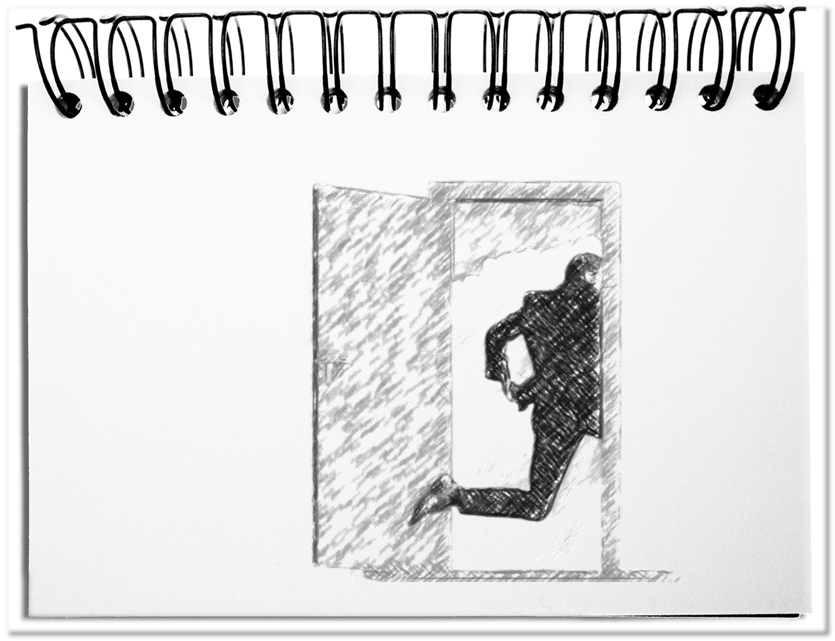The pressure on decision makers is increasing. The decisions of the board and the managing directors result more and more frequently in criminal convictions. Compliance and potential breaches of duty threaten executives. As long as things go well and no illegal crimes are existing, there is no danger. However, as soon as success is missing, decision makers should expect that they could be sued by their own company. What are the options, in order to get out of the liability?
There is always a residual risk that no one can escape. At least you can reduce the risk with the following counter measures.
- Governance
Documented specifications show the effort to enforce proper behavior. This is underlined by continuous emphasis of rules in meetings and events. - Subcontractors
The use of subcontractors enables the transfer of the operational responsibility. Thereby you can bypass liability for employees that could result from labor and works agreements. Also the risk of mismanagement is passed in the first place to the subcontractor (e.g. the Doha Express Highway – Bilfinger versus Tubin; the oil platform Deepwater Horizon – BP versus Transocean). - Outsource critical fields
In the balance you can separate risk-loaded areas from the current business. A good example is the foundation of bad banks, in which banks moved risky, bad papers during the crisis, whereby the risk was passed on to taxpayers. Most current example to creep out of the liability is the attempt to extract risky parts from the actual enterprise EON. By splitting off the dirty technologies coal, atom and gas, with all its risks, EON prepares the way for passing the follow-up costs of the aftercare to the German taxpayers. - Shift attention
It is smart to divert the attention to another topic in case that one actually has to take care of the problem. The first impulse is surely the nomination of a scapegoat. Distraction provides also complaining about drastic consequences and the need to prevent it. Celebrating results that are already achieved always works in any case. - Escaping
In the past, it has proven especially effective to sell the critical enterprises (like in the case of Bhopal the sale of Union Carbide to Dow Chemical) or the development of a new strategy that makes the old problems obsolete (as in case of founding a new airline by Lufthansa). A personal strategy could be to change the job. - Confession
To admit failure based on leaked out circumstances is always the ideal step for damage control. In any case attempts to hush up something will sooner or later become uncovered and creates the impression of bad conscience. A confession also reduces the height of the punishment for legal misdemeanors.
Insurers already offer liability manager insurances in case of emergency. This D&O*-insurance covers mistakes that are not committed deliberately.
Bottom line: On the one hand new styles of leadership result in a larger participation of the employees during decision making. At the same time the bosses are held personally accountable. Therefore, one has to consider that the decision for taking over a leadership position is not only determined by the desire for m ore money, but also by the willingness and the ability to take risks. With the measures above the liability can be minimized.
*) D&O = Directors and Officers

